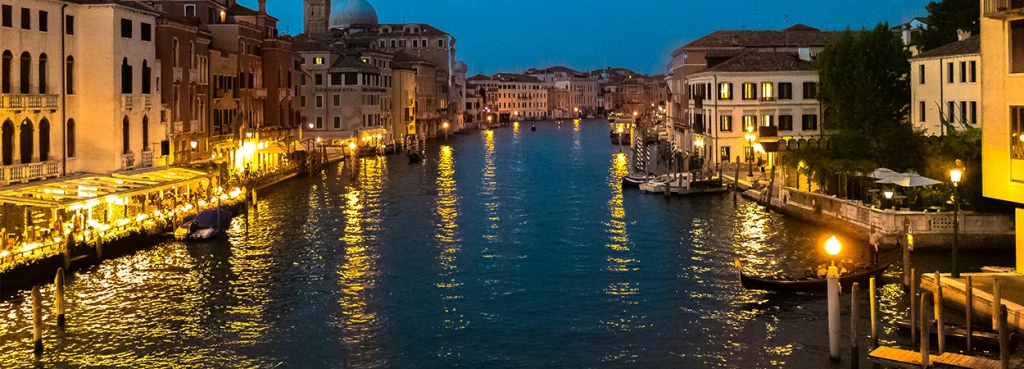
About the Venice Biennale 2026
La Biennale di Venezia, established in 1895, stands as one of the most prestigious cultural institutions in the world, providing a platform for international artists to showcase contemporary work. The 61st edition of the Venice Art Biennale will take place from May 9 to November 22, 2026, under the overarching theme “In Minor Keys,” curated by the late Koyo Kouoh. This theme explores the poetic, sensory, and ethereal aspects associated with minor keys in music, focusing on spaces within these subtle tonal landscapes.
The Maltese Team: Three Voices, One Vision
Malta’s representation at the 2026 Biennale will be led by three accomplished artists: Adrian Abela (sculptor), Charlie Cauchi (filmmaker), and Prof. Raphael Vella (artist and curator).
Adrian Abela
Adrian Abela studied architecture and civil engineering in Malta and Milan before pursuing advanced studies in sculpture, earning an MFA from the University of California, Los Angeles (UCLA). He currently resides and works in Los Angeles.
Charlie Cauchi
Charlie Cauchi is a Maltese interdisciplinary artist and filmmaker whose artistic practice blends visual storytelling, advocacy, and cultural exploration.
Prof. Raphael Vella
Prof. Raphael Vella is a Professor of Art Education and Socially Engaged Art at the University of Malta, where he works within the Department of Arts, Open Communities and Adult Education at the Faculty of Education. He has been active as an artist and curator for many years.
The Pavilion Concept: “No Need to Sparkle”
The Malta Pavilion’s theme, “No Need to Sparkle,” extends an invitation to audiences to surrender to uncertainty and embrace “doubting well” as a philosophy suited to contemporary unstable times. The curatorial vision explicitly rejects loud, political convictions, instead placing trust in a radical uncertainty.
The pavilion proposes a conceptual space that transcends traditional representational approaches. As articulated in the official framework, “No Need to Sparkle exists as a triangulation of belief systems which disintegrate before our eyes.” The three artists present layered fictions and shifting realities, guiding visitors down unanticipated paths rather than offering definitive narratives or certainties.
Exhibition Structure and Production
The Malta Pavilion project benefits from a comprehensive professional team that brings together curators, architects, producers, and cultural practitioners:
- Curator: Margerita Pulè, who brings over 20 years of experience in the arts sector with a curatorial practice that is politically engaged, research-based, and context-specific.
- Project Manager: Tamara Burr, an accomplished studio manager skilled in project coordination and operations.
- Producer: Unfinished Art Space
- Associate Producer: R Gallery
- Outreach Programmer: Kathrine Maj
- Architects: Mark Sullivan and Julian Vassallo, on behalf of SON Architecture Studio
- Production Team: Weexhibit
- Graphic Designer: Alexandra Pace
The board members guiding the project include Dr. Katya Micallef (Principal Curator of Modern and Contemporary Art at MUŻA), Adrian Mamo (Artistic Director at Teatru Manoel and President of the Malta Society of Arts), and Daniel Azzopardi (Artistic Director at Spazju Kreattiv).
Official Commission and Administrative Framework
The Arts Council Malta, operating under the auspices of the Ministry for Culture, Lands and Local Government, serves as the official commissioner of the Malta Pavilion at the Biennale di Venezia.
Malta’s Return to the International Stage
Malta’s participation in the 2026 Venice Biennale represents a continuation of the country’s renewed engagement with this prestigious platform. After a 17-year absence, Malta returned to the Biennale di Venezia in 2017 with its own national pavilion, marking a significant step in Malta’s international cultural representation.
Learn More About the University of Malta
Discover what the University of Malta offers for international students. From diverse programs to a vibrant academic environment, it’s a great place to start your journey. Contact Studygram today to explore your options and get support with your application—fill out the form to get started!

